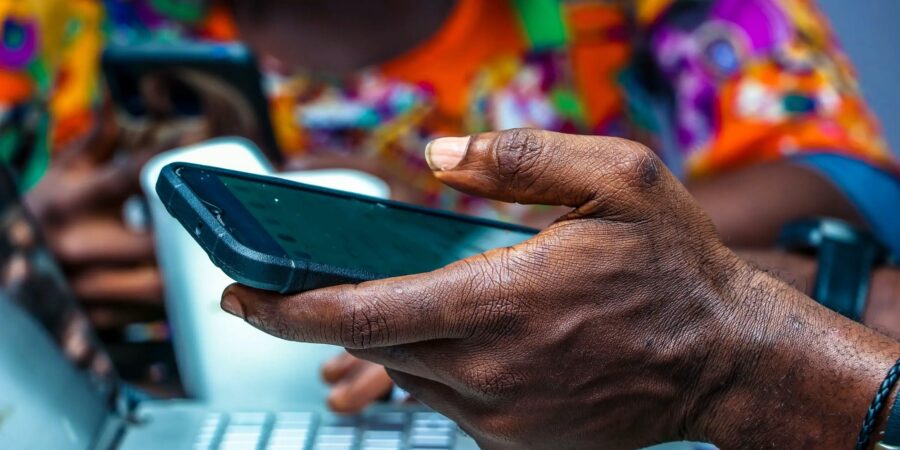There are currently over 2.7 million new internet users in Nigeria. According to reports from the Nigerian Communications Commission, the first quarter of this year saw the number of internet users grow by 1.7%. As of December 2022, the number of Internet subscribers in Nigeria was 154.8 million. By March 2023, that number had risen to 157.5 million.
For one thing, this surge in internet subscriptions demonstrates the effectiveness of Nigeria’s plan to increase broadband accessibility. In 2020, the government set a goal to have 70% of the population connected to broadband by 2025. Since then it has made efforts to achieve this goal. Yet, Nigeria’s internet subscription boom is beyond mere numbers. The constant increase in internet subscribers shows the nation’s growing reliance on digital connection and highlights its significance in many facets of everyday life and commercial operations.
Connecting with new consumers
Nigeria is currently one of Africa’s largest consumer markets, and the way people shop has evolved significantly. The internet has influenced a shift in consumer spending behaviour. As more people gain internet access, they explore online options like subscriptions, selling used items, or venturing into rental services. It’s a situation of where convenience and adaptability reign supreme. For example, when Nigerians experienced a cash crunch earlier in the year, they quickly adapted to cashless systems. However, changing landscape has resulted in substantial e-commerce spending in Nigeria, according to the international trade administration, the market generates approximately $13 billion annually and is expected to hit $75 billion in revenue annually by 2025. The market is also projected to increase by 25.5 percent in 2023. So far this growth has been fueled by the increasing internet penetration. Now with even more people having internet presence connectivity, businesses have access to a vast pool of potential customers, creating economic growth, and attracting investments to the e-commerce sector.
The surge in internet users in Nigeria also means an abundance of valuable data for businesses to leverage. With a larger customer base and increased online activity, companies have access to a wealth of information about consumer behaviour, preferences, and purchase history. By understanding their customers better, companies can personalize their offers and make sure they’re giving people what they want. We saw this happen during the pandemic when many stores had to change how they did business and offer new services.
Room for new businesses
The Internet has significantly reduced the barriers to entry for aspiring entrepreneurs. The Internet enables entrepreneurs to launch their ventures with minimal initial investment. Social media platforms, online marketplaces, and user-friendly website builders have empowered entrepreneurs to establish their online presence and start selling products or services. A report by Endeavor Nigeria shows that forty-four million jobs could be created if Nigeria and other African nations’ Internet penetration reaches 75 percent. Moreover, internet connectivity opens doors to global markets, which translates to cross-border logistics and payment solutions.
Yet, this growth means that businesses need to be up-to-date to stay competitive. The increase in internet users in Nigeria shows how important internet usage is becoming for everyday life and business. The internet, and technology like mobile apps, online payment systems, artificial intelligence, and machine learning are influencing a lot of consumer behaviour. Nigerians are relying on the internet now more than ever. Only the businesses that pay attention and can adapt to evolving consumer expectations will come out on top.





